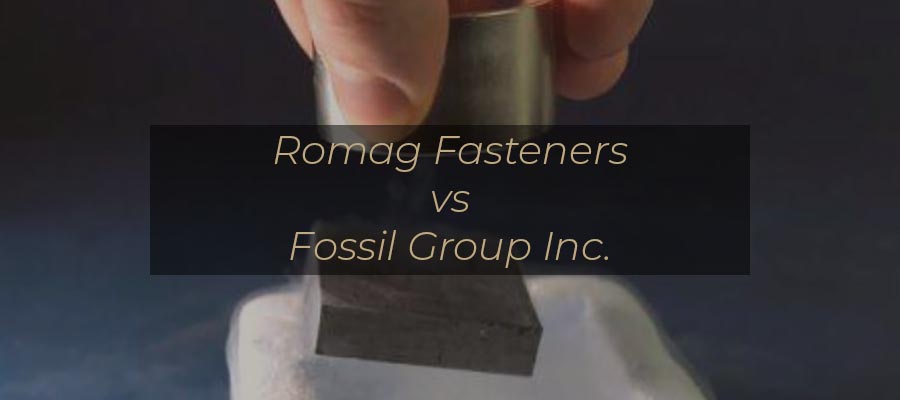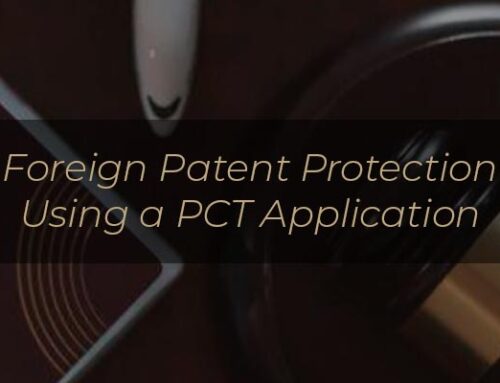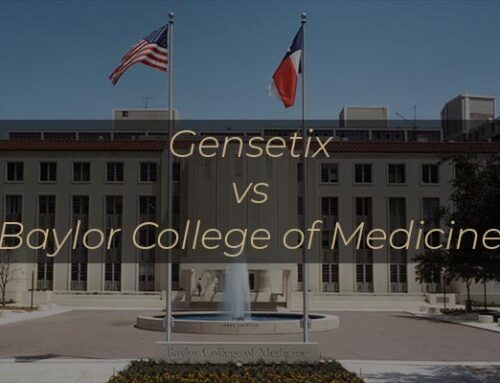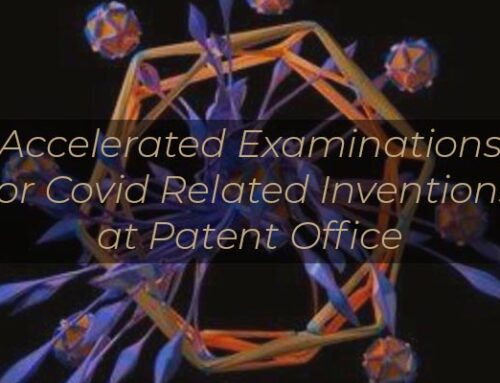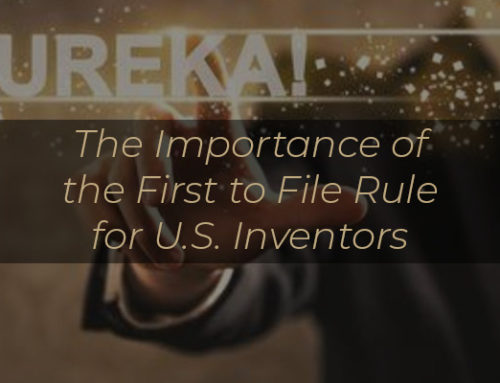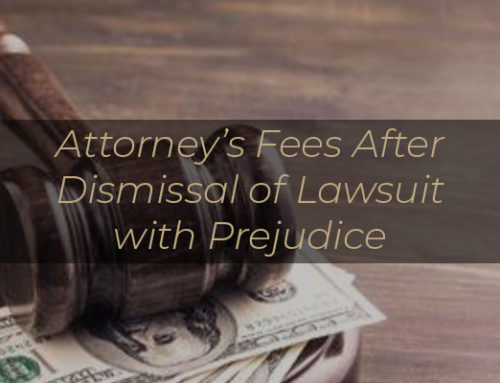In the case of Romag Fasteners, Inc. v. Fossil Group, Inc., the Supreme Court had the opportunity to clarify whether a profits award for trademark infringement under Section 1125(a) of the Lanham Act requires a showing of willfulness.
Romag filed suit against Fossil under 15 U.S.C. § 1125(a) for “false designation of origin” trademark infringement arising from Fossil’s use of counterfeit Romag fasteners in its watches. A jury found that Fossil had infringed and had acted callously, but rejected Romag’s accusation that Fossil had acted willfully. The district court, relying upon Second Circuit precedent that requires a plaintiff show that the defendant willfully infringed the plaintiff’s trademark as a precondition to an award of profits, thus denied an award of Fossil’s profits to Romag.
The Supreme Court unanimously found that an award of profits for trademark infringement does not require a showing that the trademark infringement was willful. The Supreme Court pointed to 15 U.S.C. § 1117(a), which provides:
(a) Profits; damages and costs; attorney fees
When a violation of any right of the registrant of a mark registered in the Patent and Trademark Office, a violation under section 1125(a) or (d) of this title, or a willful violation under section 1125(c) of this title, shall have been established in any civil action arising under this chapter, the plaintiff shall be entitled, subject to the provisions of sections 1111 and 1114 of this title, and subject to the principles of equity, to recover (1) defendant’s profits, (2) any damages sustained by the plaintiff, and (3) the costs of the action.
The Supreme Court noted that while Section 1117(a) makes a showing of willfulness a precondition to a profits award when the plaintiff brings an action under Section 1125(c) for dilution, no such requirement is stated for causes of action for trademark infringement under Section 1125(a). The Court also looked to other sections of the Lanham Act, noting that “[w]ithout doubt, the Lanham Act exhibits considerable care with mens rea standards”, supporting the conclusion that no requirement of willfulness should be read into Section 1117(a) for infringement under Section 1125(a), as was argued by Fossil.

